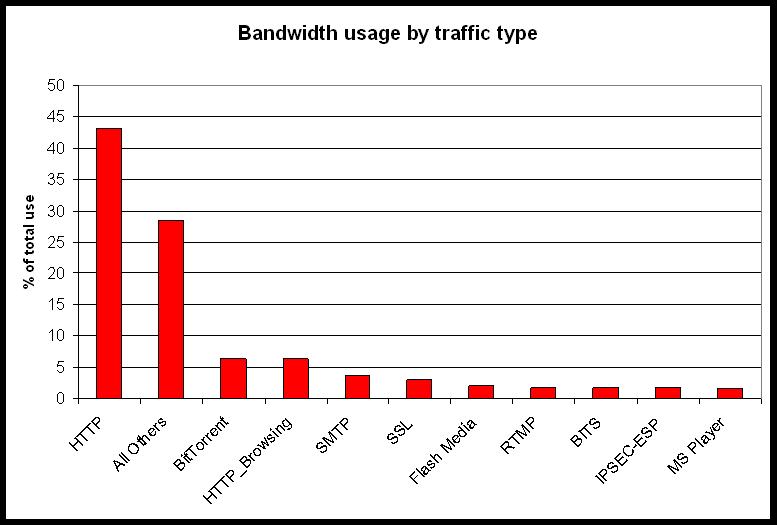Met with O2/Be last week to discuss their LLU broadband play. O2 has been winning awards for their consumer broadband service. They have an ADSL2+ solution that already supports Annex M.
For the uninitiated Annex M allows a service provider to trade some downloading speed on a broadband service in exchange for a faster (up to 2.5Mpbs!?) upload.
O2/Be have unbundled around 1,240 exchanges and so have one of the largest LLU footprints in the UK. They also claim to have 500,000 customers so in understanding the options for the provision of broadband service in the UK they are one of the companies that need looking at.
A complex web is being woven in the UK broadband landscape. Clearly O2 is serious. When they bought Be the LLU estate numbered no more than 30 or so exchanges. A lot of cash has been expended to turn it into the figure it is today.
O2 is telling the world it wants a seat at the table and is willing to put up a stake. It does have a different approach to Carphone Warehouse, the leading LLU player in terms of size, in that it only offers the broadband connectivity. Currently O2 relies on Openreach for the underlying analogue line.
Having looked at the economics of LLU myself it makes a lot more sense if you are taking the voice path as well as the ADSL. There are other benefits with LLU in that an ISP can tailor its own services and thus offer a differentiation in a crowded market. It still needs subscriber numbers to make it pay and at the consumer end it is unlikely that the service provider will want to offer too many variants – simplicity of broadband service means lower costs to sell, provision and support.
This brings me on to another point and that is that BT is now introducing FTTC which at 40Mbps down and 5Mbps up blows all the LLU operators ADSL2+ offerings out of the water, at least in terms of speed. There are then only two players in the game – BT and Virgin with their cable proposition. Other players will have to line up behind one of these two as a wholesale customer and note that Virgin does not yet have a wholesale proposition.
Now FTTC is in its early days of rollout but the footprint is likely to be the same Market 3 footprint as the unbundled exchanges, ie the densely populated parts of the country that make business sense.
So I think for the moment that LLU players have a market window that is probably no more than two years for their unbundled services. Two years will scream past, if the past five at Timico are anything to go by.
Coming back to O2/Be their play thus far has been very much into the consumer market. They look to be a solid player and I have heard good things about them from peers in the ISP community. Their sortie into the business market is through an L2TP play with relative newcomer Fluidata. I have nothing to say against Fluidata, not having worked with them but they are small and O2, if it is serious at the wholesale, game will want to do it in-house.
What their long term strategy is though is a difficult one to call. Owned by Telefonica they should have the deep pockets to play. Play what though? When there are likely to be only two players and one of them is BT then you either have to be satisfied with being a reseller of BT or Virgin or you buy one of them. I can’t see the regulator letting O2 buy BT, it would be ironic if they did.
They might let them buy Virgin though. And then where does that leave Vodafone, a business that is only dabbling in broadband at the moment…
The UK communications industry has never been as exciting a place to be as it is now. Any informed comment/feedback to this post will be read with interest.

 Pics are a little small – I uploaded them to Facebook from my mobile and that is how they turned out!
Pics are a little small – I uploaded them to Facebook from my mobile and that is how they turned out!





